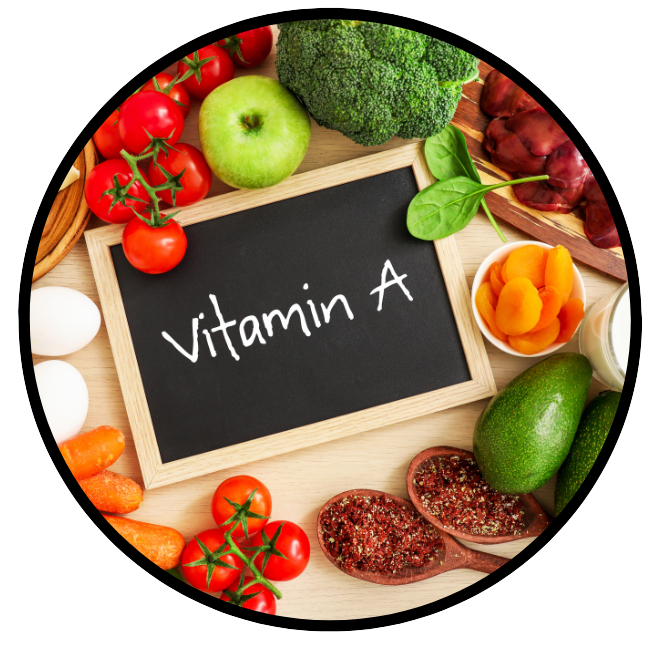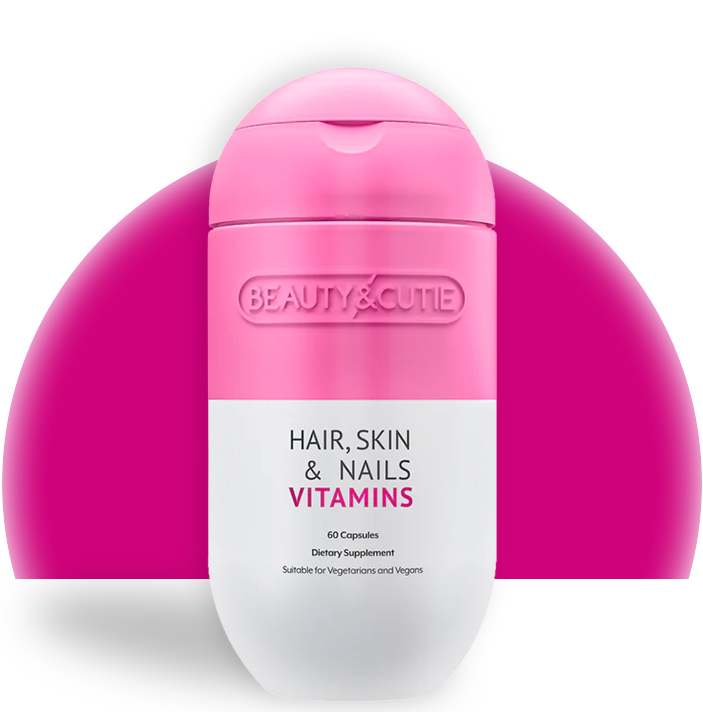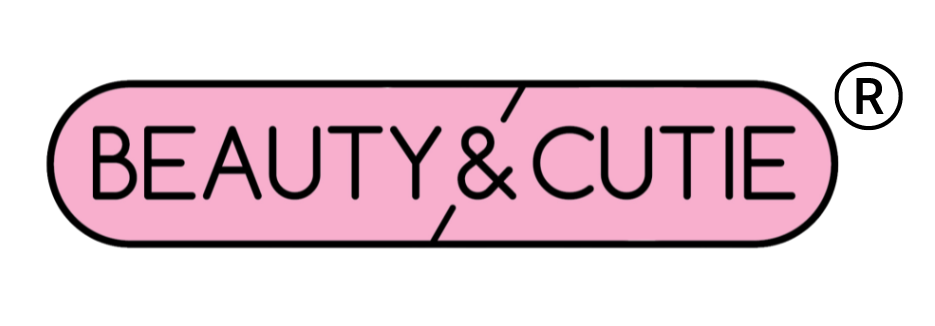
WHAT IS VITAMIN A?
Vitamin A is another fat-soluble essential vitamin. Similar to the case with vitamin C, our bodies are unable to produce vitamin A themselves. The only way we are able to acquire this essential vitamin is through diet or supplementation. There are actually two types of vitamin A that can benefit your body. The first is called “preformed vitamin A” which consists of the biological active forms such as retinol, retinal, and retinoic acid (collectively known as retinoids). These can be found in foods such as:
- Dairy products
- Meats (especially liver – even liver paté counts!)
- Fish
- Poultry
The second type is known as “provitamin A” and a well-known example of this is beta-carotene. On digestion of these foods, your body will convert this form of vitamin A into the retinoid form of (preformed vitamin A). The following foods are excellent sources of provitamin A:
- Carrots
- Sweet potatoes
- Red and Yellow peppers
- Spinach
- Mango
Most of the vitamin A in our body is stored in specific cells in the liver as retinyl palmitate1, which is the same compound that we use as the source for vitamin A in our product. When our body requires vitamin A, it binds to a special protein and is transported through the bloodstream to where it is needed.

Beauty & Cutie
Our body can store Vitamin A in specific cells in the liver as retinyl palmitate, which is the same compound that we use as the source for vitamin A in our product

WHY IS VITAMIN A IN MY PRODUCT?
Vitamin A plays several key roles in our general health including2:
- Assisting immunity to disease
- Maintenance of healthy vision
- Reproduction
- Biological cellular function
But unlike vitamins C and E where the benefits come from their prowess as antioxidants (where their actions are driven mainly by chemical phenomenon), vitamin A could be thought of more as a cellular communicator and coach, and the benefits are being driven by the biological phenomenon. Vitamin A can pass through cell membranes and once it is inside, it can help dictate cellular production or to tell the cell to change to another type of cell that will have a different function (this is called cellular differentiation). Aside from this biological action, there is also evidence that vitamin A can absorb harmful UV radiation from the sun, acting as a sunscreen3 with an equivalent sun protection factor (SPF) value of 20.
Vitamin A has also been found to be effective, at moderately high doses, for the treatment of skin cancer4 and other dermatological diseases5 and is known to play an important role in the healing of wounded tissue6 by increasing the rate7 of replenishment of healthy skin cells and tissue.
Vitamin A has also been found to be effective, at moderately high doses, for the treatment of skin cancer4 and other dermatological diseases5 and is known to play an important role in the healing of wounded tissue6 by increasing the rate7 of replenishment of healthy skin cells and tissue.
WHAT IS THE ROLE OF VITAMIN A FOR HAIR, SKIN AND NAILS?
There is a mounting body of evidence that vitamin A can improve the appearance of aging skin. Whereas aging skin is characterized by a decrease in the number of skin cells and a thinning of connective tissue (collagen) that helps keep your skin taut with fewer wrinkles. Treatment with vitamin A increases the number of skin cells and promotes the growth of collagen8.

Vitamin A has also been found to be an essential component in the fight against skin infections9 by coordinating the production of antimicrobial proteins that fend off the invading bacteria. Other documented benefits of vitamin A10, albeit applied topically, on skin health include:
- Smoother skin
- Less spotting
Smoother skin is achieved as vitamin A helps increase epidermal (the outer skin barrier) regeneration. A decrease in spotting is brought about by the direct absorption of harmful UV rays from the sun and the regulation of melanosome movement. Melanosomes are a component within cells where the pigment melanin is manufactured and stored.
Vitamin A is also an important factor in hair health, where both deficiencies and excesses can lead to poor hair growth. Certain levels appear to be critical for an optimum regulation of cellular activity11 around the hair shaft, follicle, and neighbouring oil-producing glands (sebaceous glands). The oil these glands produce is called sebum, and it is the natural moisturizer for our body’s skin. It also helps to reduce hair brittleness. However, if too much sebum is produced, our hair and skin will become oily and in certain cases, can result in acne.12 Vitamin A has been used as a treatment for acne for many years. So, it is important to maintain a diet with healthy levels of vitamin A to help maintain the optimum amounts of sebum.
References:
- https://www.ncbi.nlm.nih.gov/pmc/articles/PMC3679378/
- https://ods.od.nih.gov/factsheets/VitaminA-HealthProfessional/
- https://pubmed.ncbi.nlm.nih.gov/14708621/
- https://pubmed.ncbi.nlm.nih.gov/15041701/
- https://pubmed.ncbi.nlm.nih.gov/26069148/
- https://pubmed.ncbi.nlm.nih.gov/31697447/
- https://pubmed.ncbi.nlm.nih.gov/31389093/
- https://pubmed.ncbi.nlm.nih.gov/10692106/
- https://pubmed.ncbi.nlm.nih.gov/31101494/
- https://pubmed.ncbi.nlm.nih.gov/27496663/
- https://pubmed.ncbi.nlm.nih.gov/21914489/
- https://pubmed.ncbi.nlm.nih.gov/32100454/
